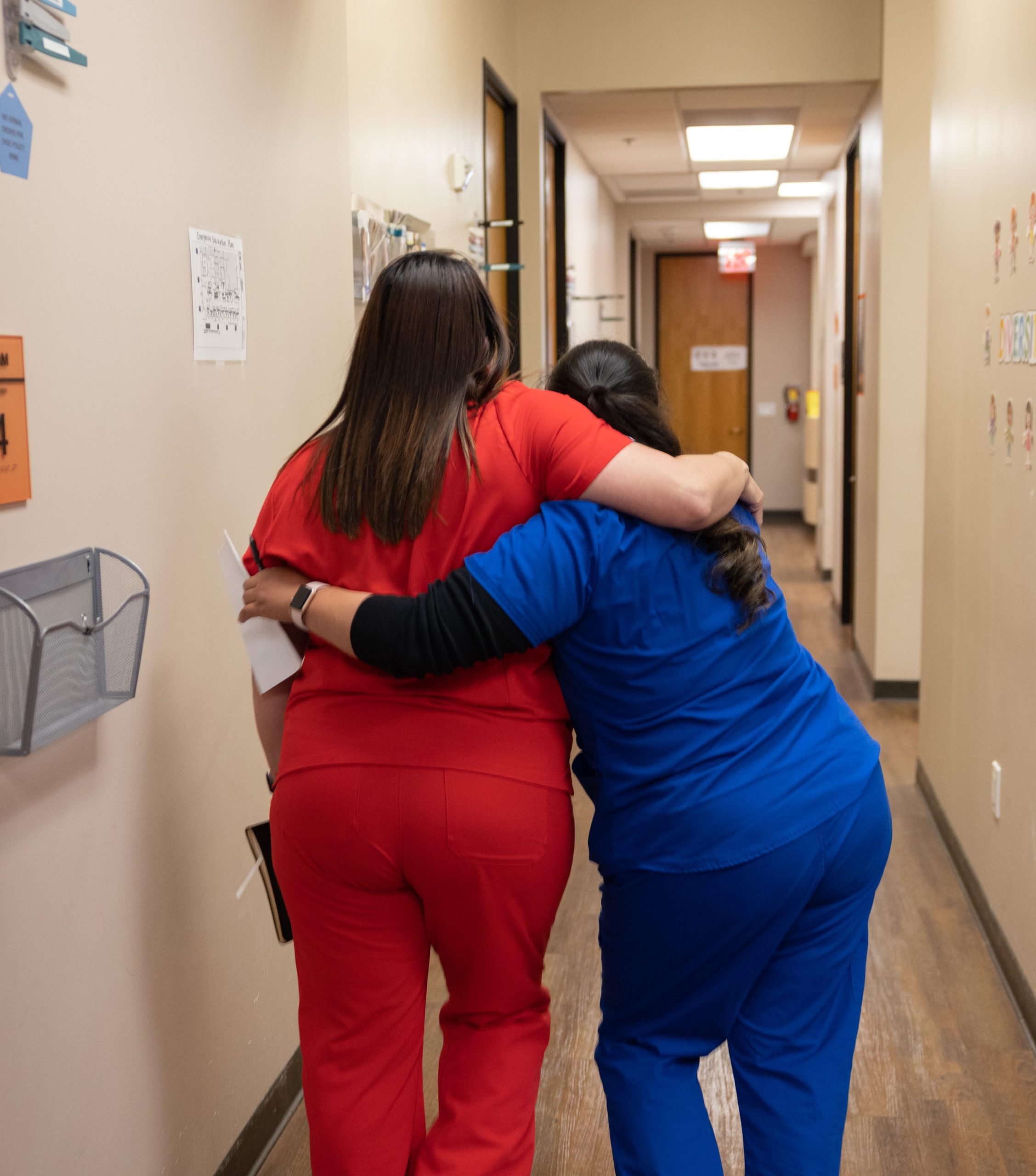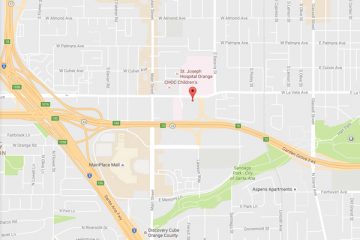What is an eating disorder?
An eating disorder is an unhealthy obsession with food and weight. People with eating disorders eat – or avoid eating – in extreme ways. These are the 4 main types of eating disorders:- Anorexia nervosa. People with anorexia severely restrict calories to the point of starvation. They are obsessed with being thin and have an unhealthy and distorted body image. They may refuse to eat at all or only eat tiny amounts of food that has few calories. Anorexics are extremely thin, yet constantly think of themselves as overweight.
- Bulimia nervosa. Bulimics binge on huge quantities of food, then force themselves to vomit. They may also exercise compulsively and take laxatives to help rid their body of the calories they’ve eaten. Bulimics continue this cycle of binging and purging and may also excessively restrict calories in between binges. Bulimics aren’t necessarily extremely thin and may often seem to be of normal weight.
- Avoidant Restrictive Food Intake Disorder (ARFID). Some people are not overly concerned with their weight or body image, but nonetheless refuse to consume enough calories to stay healthy. These are not simply picky eaters; their restrictive eating can lead to serious medical consequences in ways that are very similar to anorexia and bulimia.
- Binge-eating disorder. This is also known as compulsive overeating. Binge eaters consume excessive amounts of food without purging. They often eat uncontrollably despite feeling full. Binge eaters may feel guilty or ashamed after a binge and go on an extreme diet as a result. Binge eaters may be of normal weight, overweight, or obese. Although anorexia and bulimia aren’t common in men, binge eating disorder affects about as many males as it does females. At this time, the CHOC Eating Disorders Program does not treat patients with binge-eating disorder; please talk to your child’s pediatrician about a referral to a psychologist, psychiatrist or weight management program.
How can I identify an eating disorder in my child?
There are several behaviors or key indicators you can observe in your child to evaluate whether or not they have an eating disorder or are showing signs of disordered eating. Common symptoms include:- Preoccupation with weight, food, calories, body image, and/or dieting.
- Fluctuations in weight (both up and down).
- Refusing to eat certain foods or whole food categories (e.g., no carbohydrates, no dairy).
- Development of abnormal, secretive, extreme, or ritualized food or eating habits.
- Eating beyond the point of comfortable fullness.
- The disappearance of a large amount of food.
- Intense fear of weight gain.
- Loss of menstrual period in women.
- Extreme mood swings.
- Skipping meals or eating small portions.
- Frequent trips to the bathroom after meals.
- Abuse of laxatives, diet pills, or diuretics.
- Dizziness or fainting.
- Fear of eating after a scary experience with food (e.g., choking, vomiting).
- Excessive exercise.


















